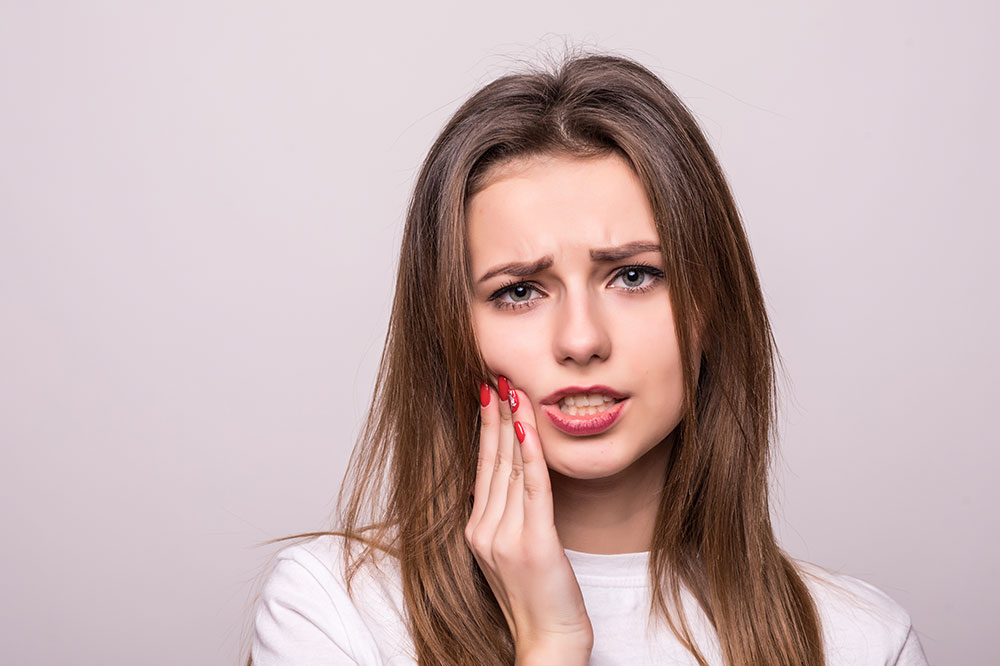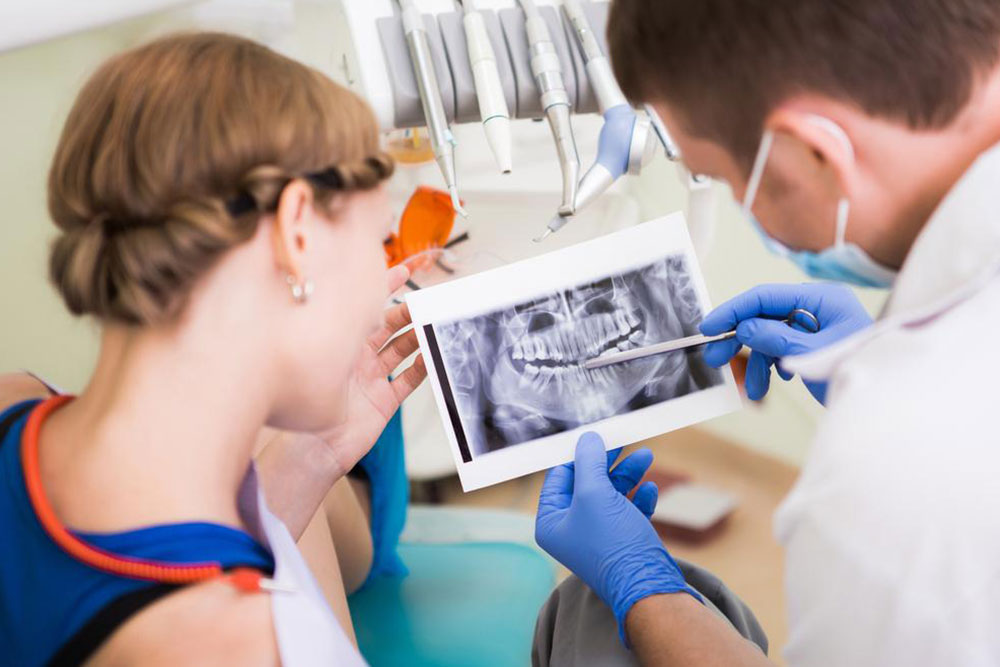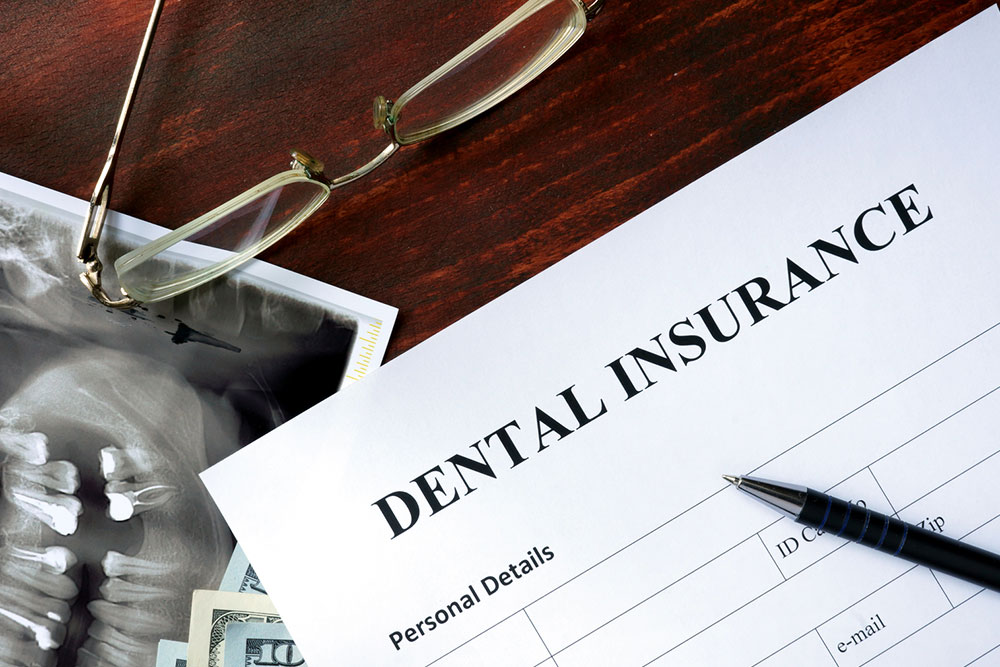Essential Guide to Managing Bleeding Gums
Learn about bleeding gums, their causes, preventive tips, and effective treatment options. Discover home remedies and when to see a dentist to maintain healthy gums and prevent serious dental issues.
Sponsored

Understanding Bleeding Gums and How to Address Them
Many people overlook bleeding gums, dismissing it as a minor issue during brushing or flossing. However, persistent bleeding can signal underlying oral health problems, such as gum disease, which requires attention. While mild bleeding may be managed with home remedies, consulting a dentist is crucial for proper diagnosis and treatment. Regular dental checkups and good oral hygiene are key to preventing gum bleeding. Recognizing early signs and maintaining proper care can help prevent progression to serious gum issues.
Here’s what you need to know about bleeding gums, their causes, and remedies.
Key facts about bleeding gums
Bleeding gums often indicate underlying oral health concerns. Healthy gums shouldn’t bleed easily.
Persistent bleeding is often linked to gum disease if not treated timely.
If left untreated, bleeding gums can lead to more severe periodontal issues.
Preventive tips for healthy gums
Identify the cause of gum bleeding to address it effectively.
Maintain excellent oral hygiene by brushing gently with a soft-bristled toothbrush to avoid damage.
Brush twice daily and clean all areas of the mouth, including the tongue.
Limit sugary foods that promote bacterial growth.
Use mouthwash and rinse after meals for added protection.
Floss daily to remove plaque buildup.
Avoid smoking and tobacco products.
Schedule regular dental checkups for early detection of gum issues.
When should you see a dentist?
If bleeding occurs frequently during brushing.
If bleeding persists despite good oral hygiene practices.
Dental treatments for bleeding gums
A dentist will examine your gums to determine the cause of bleeding.
Professional cleaning to remove plaque and tartar that cause gum inflammation.
Procedures such as scaling and root planing may be recommended.
In severe cases, surgery might be necessary to restore gum health.
Home remedies to stop bleeding gums
Switch to a soft, new toothbrush for gentle cleaning.
Brush and floss carefully and regularly.
Use antibacterial mouthwash as part of daily oral care.
Rinse with salt water twice a day to reduce inflammation.
Consume vitamin C- and K-rich foods like citrus fruits, greens, and peppers.
Hydrogen peroxide mouth rinses can disinfect and promote healing (avoid swallowing).
Eat crunchy vegetables like carrots and cucumbers to boost circulation.
Apply a cold compress to reduce swelling and blood flow.
Green tea intake may help reverse gum disease and control bleeding.
Keep up with regular dental visits for optimal oral health.






